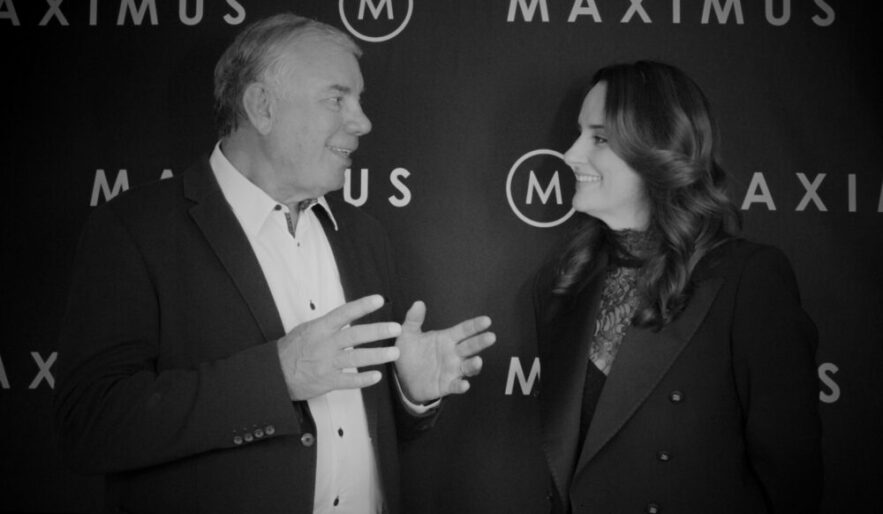Last week I was meeting with a CFO from a large management consulting firm, who in many ways embodies the best of the next generation of leaders. He wants to know what the future holds and get ahead of it. This conversation got me thinking about how start-ups and smaller businesses have an enviable position.
SMEs know how to do things on a shoestring budget largely because they need to. Being lean means being agile, nimble, and failing with no expectations. Only learning from experience and moving forward with a vision. I believe leaning into that will become the greatest superpower you can have as a leader of any business heading into 2023.
The notion of transformational leadership is no longer the requirement for just running the business. It has to be both working in tandem, the running and the transforming.
Make uncertainty work
Riding uncertainty is inevitable as we enter 2023. Making transformational leadership work takes work.
A recent Global Pulse survey by YPO asked 1600 chief executives across 96 countries across more than 47 industries to discover how global leaders are balancing what employees want with long-term strategic goals and success. Results (unsurprisingly) indicated that their overall business outlook has declined.
The upside was they were working towards the future by preparing their organisations for the long term with a greater focus on employee experience and company culture. This means more flexibility where work is done and higher prioritisation of mental health.
For SMEs and start-ups, this can be their baseline. Culture and how you live, breathe and inspire leadership are in your hands.
Customers are at the centre of everything
People are everything in a business that succeeds.
The recent disruption of the fintech sector over the past year has seen social media tech goliaths like Facebook and Twitter suddenly scaling back their talent pool while still seeking to innovate. This is an interesting balancing act.
To succeed at both, one has to run an efficient and profitable core but simultaneously transform what they do and how they do it. That will be the marker of a great business.
The key for SMEs is to embrace this, to truly transform their business, is be customer-centric, and run a strong core from day one.
For example, a successful UK digital bank founder shared that because she runs a lean team who are mastering the art of transformational leadership and impact, she can get things done faster with 20 developers than more established banks can do with 2000.
Scale up leadership as you transform
Maximus International turned 21 in 2022. That is a long time in business. I have recently reflected on our own leadership phases and how we have evolved.
Our first phase was the thing that drove our business success that many start-ups share: a mix of grit, determination, and hard work. Back then I said hard work was the only differentiator and I truly believed it.
However, once you scale past that, where individual effort is no longer the thing that’s going to take it to the next level. We then had to grow how we hold accountability. That second phase is often about leading leaders, which is a proposition every start-up that becomes a bigger business will face.
As we enter our third decade, we also face the unknown together with opportunity.
I’m starting to question my own leadership to say, what is it that I have to change about my leadership style because what got me here may not get me there or get the business to the next 20 years.
I don’t have all the answers.
One thing I do know is true for all businesses today: all businesses must continue to transform leaders by running and transforming together at pace.
Brent Duffy








